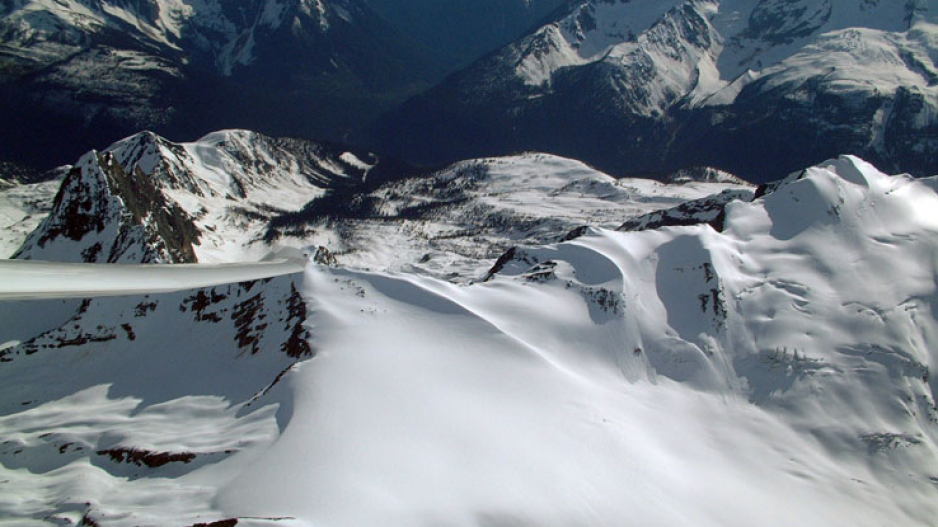Developers of the proposed Jumbo Glacier Resort in B.C.’s Kootenays region received a big win August 17, when B.C. Supreme Court Justice Carla Forth quashed a 2015 B.C. government decision not to extend a necessary environmental certificate, and awarded them court costs.
At issue was former B.C. Environment Minister Mary Polak’s unilateral ruling that developers had ‘not substantially started’ work on the project by October 12, 2014. That was a pivotal ruling because that substantial start was necessary for developers to continue to build their original vision for the resort: 23 lifts, a 3,000-metre-high gondola and 5,500 beds.
Forth ruled that Polak’s determination was “unreasonable,” with the result being that Jumbo Glacier Resort executives now expect current Environment Minister George Heyman to re-issue that environmental certificate.
Without that certificate, developers could only embark on a scaled-down version of their resort with less than 2,000 beds.
“Glacier Resorts [Ltd.] (GRL) will ask the province to carry out the judge’s instructions expeditiously,” GRL said in an August 17 release.
GRL had spent about 24 years jumping through various hoops and government-approval processes when Polak, on June 18, 2015, stunned GRL executives by announcing that she did not think that this “substantial start” had taken place.
GRL senior vice-president Grant Costello told Business in Vancouver after Polak’s announcement that he thought that she erred on a number of basic points – the main one related to how much time the developers had to do work on the project. He said that they did not have more than 40 days of construction, because of the red tape put in front of them.
Costello said that work that had been done included building a permanent-access bridge, foundations for a day lodge, a service building and a chairlift.
“We were confident in the strength of our case and I think the judgment, which came out sooner than expected, was very clear in indicating that the minister’s decision was unreasonable and that not all the evidence had been considered in the decision-making process,” GRL’s senior vice-president Grant Costello told BIV in an August 17 email.
Environmentalists opposed to the project were not swayed from their determination to stop it.
“Our clients will continue to engage with the minister to ensure he has the full picture and does not allow a project to go ahead based on an environmental assessment that is years past its sell-by date,” said Ecojustice Canada legal policy advisor Alan Andrews.
“Hopefully this ruling will encourage the government to deliver on its promise to fix B.C.’s broken environmental assessment laws to restore public trust in the system and ensure that decisions with a major impact on our environment are based on sound science.”



